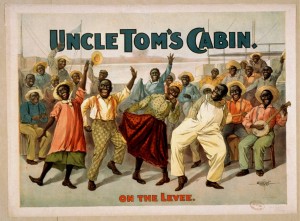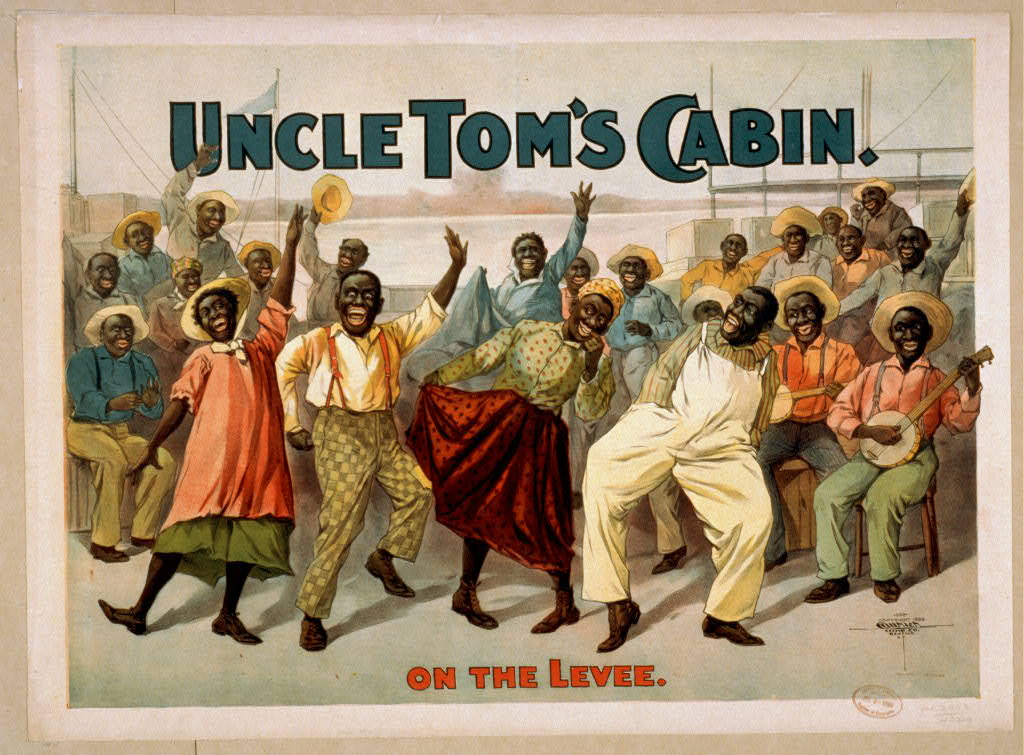Harriet Beecher Stowe’s anti-slavery novel, Uncle Tom’s Cabin, is published. The novel sold 300,000 copies within three months and was so widely read that when President Abraham Lincoln met Stowe in 1862, he reportedly said, “So this is the little lady who made this big war.”

While living in Cincinnati, Stowe encountered fugitive slaves and the Underground Railroad. Later, she wrote Uncle Tom’s Cabin in reaction to recently tightened fugitive slave laws.
The book had a major influence on the way the American public viewed slavery. The book established Stowe’s reputation as a woman of letters.
She traveled to England in 1853, where she was welcomed as a literary hero. Along with Ralph Waldo Emerson, she became one of the original contributors to The Atlantic, which launched in November 1857. In 1863, when Lincoln announced the end of slavery, she danced in the streets. Stowe continued to write throughout her life and died in 1896.


